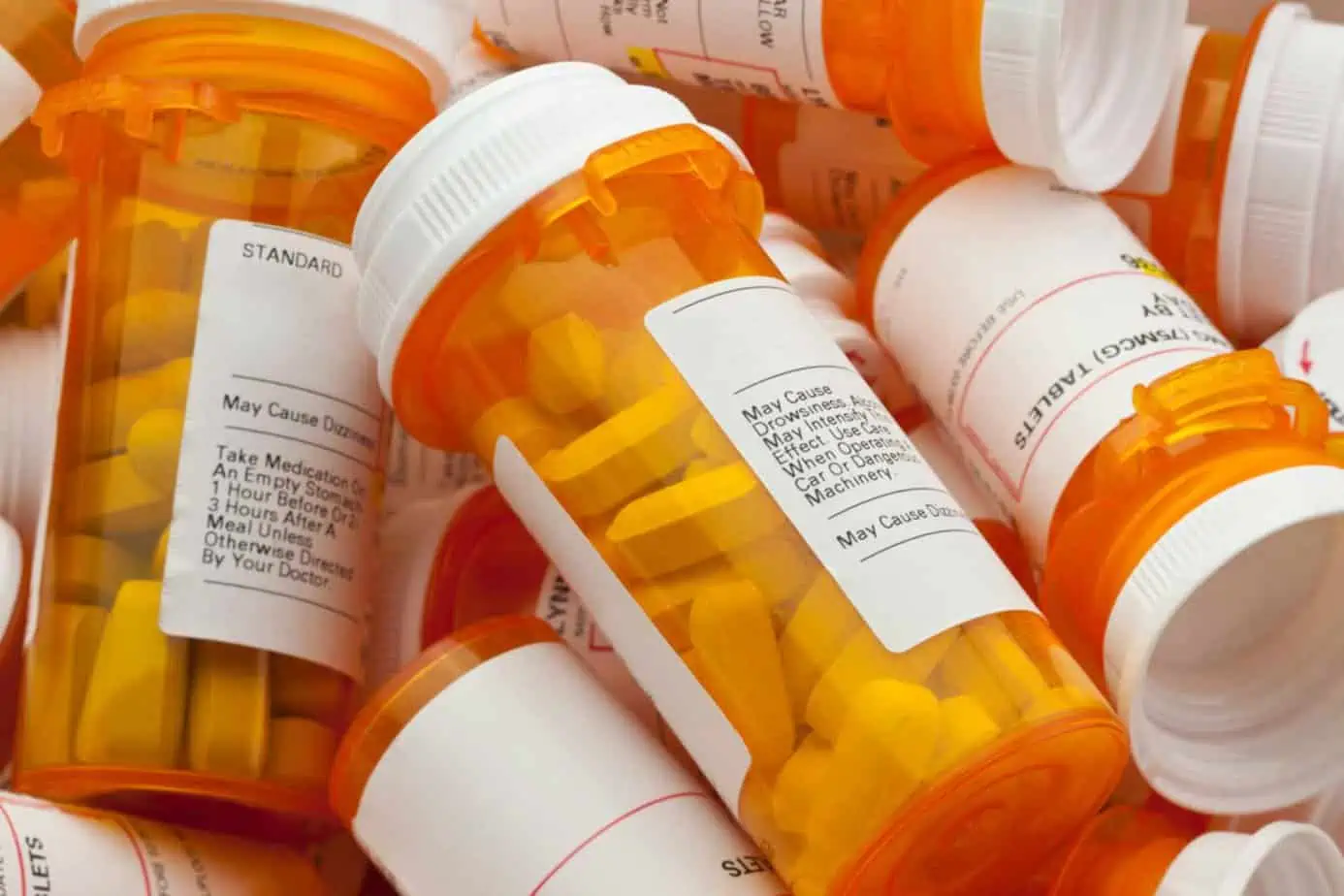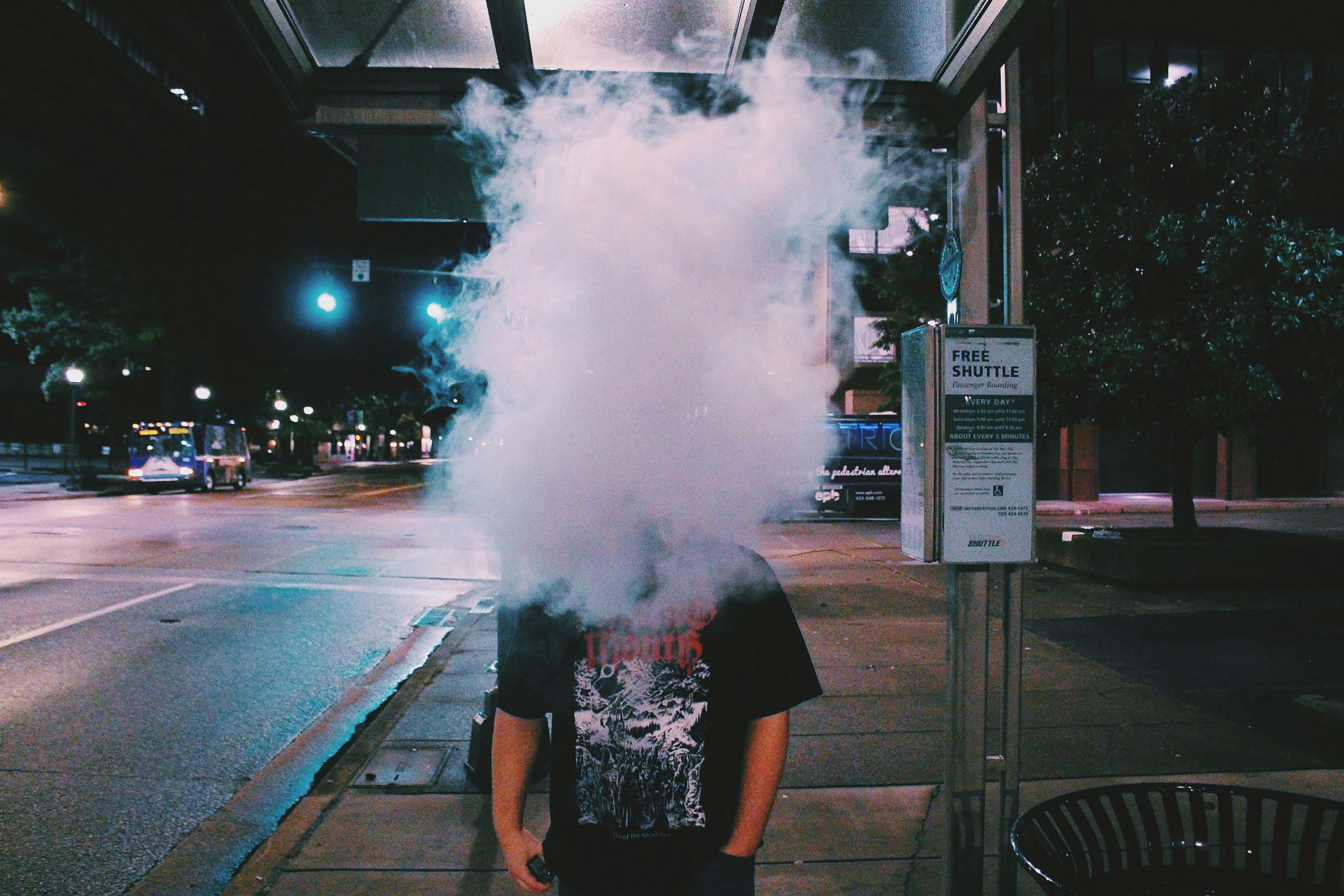This article details the history and increasing prevalence of benzodiazepines like Xanax, highlighting their addictive properties and the factors contributing to their widespread use. It discusses the dangers of misuse, particularly among youth and when mixed with other substances, and emphasizes the importance of physician responsibility in prescribing and tapering these medications. Finally, it suggests safer alternatives such as CBT, SSRIs, mindfulness, and lifestyle changes for managing anxiety.
Anxiety levels are high for many. Whether you’re managing a diagnosed anxiety disorder or occasionally self-medicating to cope with daily stress, you’ve likely heard of Xanax and other benzodiazepines. These medications have become increasingly prevalent, but the story behind the Xanax rise and the broader benzodiazepines epidemic is complex and concerning. Read on to learn more about the history, risks, and potential alternatives to these powerful medications.
A Look Back: The History of Benzos
The journey began in the 1950s when researchers sought safer alternatives to barbiturates. In 1960, Librium emerged, followed by Valium in 1963. After this, Valium became the most prescribed drug in the US between 1969 and 1982. Pharmaceutical marketing played a significant role, positioning Valium as a remedy for everyday stress, which fundamentally shifted societal attitudes toward pharmacological interventions for mental health.
When did Xanax first become a widely popular prescription drug? The answer lies in 1981 when alprazolam (Xanax) received FDA approval. Marketed specifically for panic disorder, it quickly became a preferred option due to its rapid onset and potent effects. By 1986, Xanax was the most prescribed psychiatric medication in the United States.
The Epidemic Unfolds
Today, the scale of benzodiazepine use is so vast that many experts consider it a benzodiazepine epidemic. What caused the sharp increase in benzodiazepine prescriptions? Several factors contributed, including rising anxiety diagnoses, aggressive pharmaceutical marketing, and limited access to alternative treatments.
Prescription rates for drugs like Xanax dropped significantly between 2017 and 2021, which reflects growing awareness of the risks. However, continuing prescriptions increased, indicating that many individuals remain on these medications long-term.
Why Xanax Stands Out
Why is Xanax so addictive compared to other benzos? Alprazolam’s unique pharmacological properties make it particularly prone to misuse. It’s rapidly absorbed, leading to quick relief and a strong association between taking the medication and feeling better. This creates a powerful reinforcement loop. Additionally, its short half-life can lead to rebound anxiety, prompting users to take another dose.
Research even suggests that alprazolam uniquely affects dopamine levels in the brain, similar to stimulants, further contributing to its addictive potential. It’s crucial to understand the difference between physical dependence and addiction. Physical dependence is a physiological adaptation that can occur with regular use, while addiction involves compulsive drug-seeking behavior despite harmful consequences.
Youth and the Glorification of Xanax
Is Xanax abuse increasing among teenagers and young adults? Unfortunately, yes. Teens face unprecedented stress levels, and Xanax’s quick relief is appealing. Access is easier than ever, whether from parents’ medicine cabinets or online sources.
Social media plays a significant role, with peer pressure and drug-related content normalizing and even glorifying Xanax use. The cultural phenomenon and glorification of Xanax use in music, particularly hip-hop, further influences youth attitudes. This is happening against a backdrop of genuine anxiety among young people, who may turn to these medications as a form of self-medication.
Overprescribing and Physician Responsibility
Are benzodiazepines overprescribed for anxiety and insomnia? This is a critical question. Guidelines recommend short-term use, but many patients receive prescriptions for months or years. Anxiety is the most frequent reason for prescribing, but it’s essential to distinguish between appropriate and inappropriate use.
Physicians have a responsibility for benzodiazepine tapering and cessation. Many patients were initially prescribed these medications during acute distress, but various factors can perpetuate long-term use. It’s crucial for physicians to proactively discuss tapering, consider alternative treatments, and exercise caution with high-risk populations.
The impact of pharmaceutical marketing on benzo prescriptions cannot be overlooked. Aggressive marketing strategies have contributed to expanding the perceived indications for these medications.
Recreational Use and the Dangers of Mixing
Recreational use of benzodiazepines involves taking them without a prescription for various reasons, including euphoria, managing stimulant comedowns, or potentiating opioid effects. The dangers of mixing Xanax with opioids and alcohol are severe and can lead to fatal respiratory depression.
How does the rise of Xanax compare to the opioid epidemic? While not yet on the same scale, benzodiazepine-related overdose deaths have increased dramatically. The intersection between benzodiazepine and opioid use creates particularly dangerous synergies.
Safer Alternatives and a Path Forward
If you’re concerned about your Xanax use or looking for alternatives, several options are available. What are the safer alternatives to benzodiazepines for anxiety? Consider these:
- Cognitive behavioral therapy (CBT): This therapy helps identify and change negative thought patterns contributing to anxiety.
- Selective Serotonin Reuptake Inhibitors (SSRIs): These antidepressants can effectively manage anxiety with a lower risk of dependence.
- Mindfulness and meditation: These practices can help reduce stress and improve overall wellbeing.
- Lifestyle changes: Regular exercise, a healthy diet, and sufficient sleep can significantly impact anxiety levels.
What is the recommended protocol for benzodiazepine withdrawal? If you’re considering stopping benzodiazepines, it’s crucial to work with a healthcare professional to develop a tapering plan. Abruptly stopping can lead to severe withdrawal symptoms.
The rise of Xanax and other benzodiazepines is a complex issue with significant risks. Understanding the history, pharmacological properties, and potential dangers is crucial for making informed decisions about your mental health.
If you’re struggling with benzodiazepines or other substances, Mountainside can help. Our treatment programs meet people where they are, offering individualized and comprehensive treatment. Speak with an admissions specialist today to explore your options.
If you or a loved one is struggling with addiction, Mountainside can help.
Click here or call (888) 833-4676 to speak with one of our addiction treatment experts.

 By
By 







